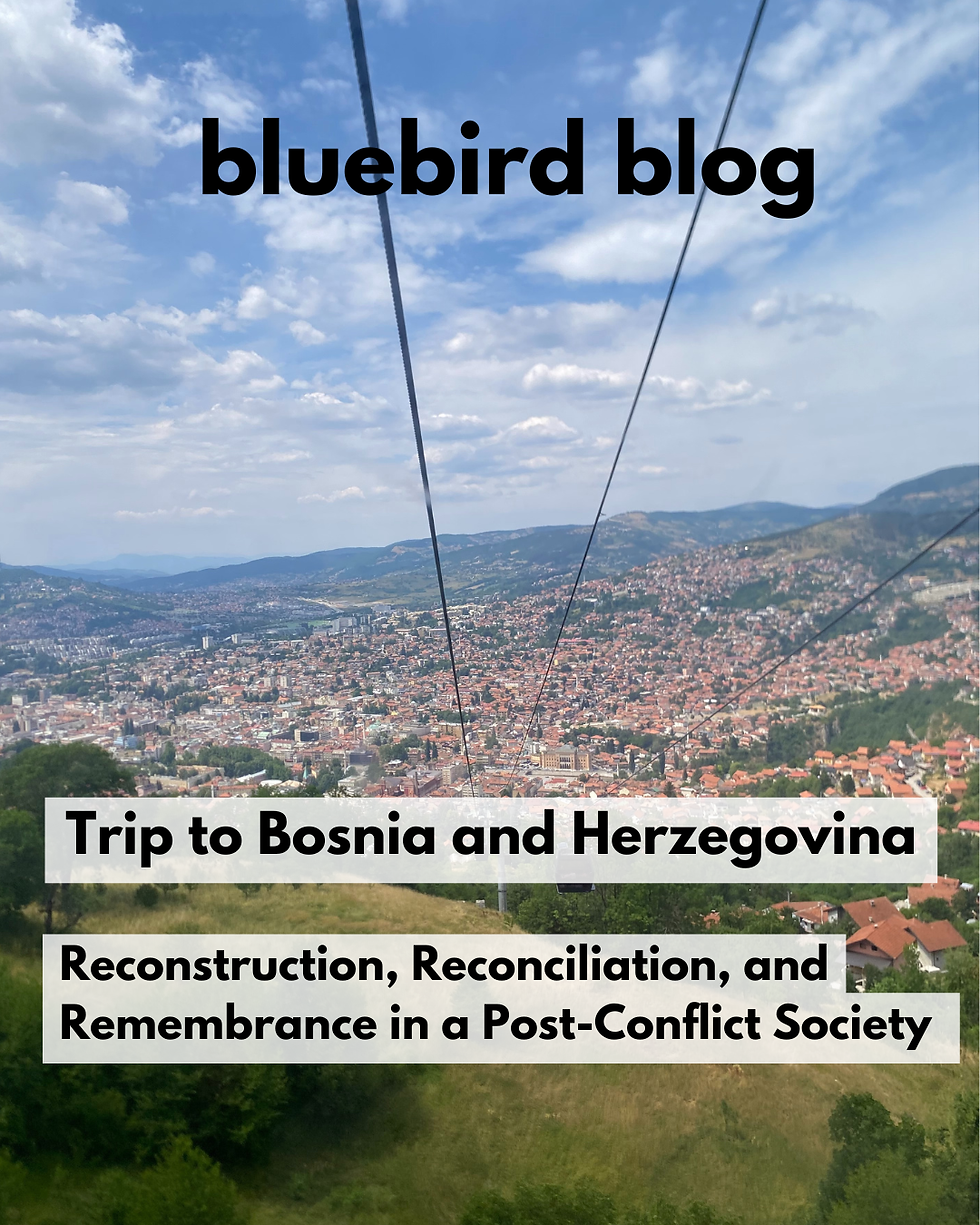Grimshaw Trip to Turkey
- Grimshaw Club
- May 10, 2019
- 2 min read

The trip to Ankara and Istanbul, Turkey’s political and cultural centres, provided an opportunity to explore Turkey form a unique perspective. In international affairs, Turkey’s peculiar geopolitical position makes it one of the most interesting countries to study; it can neither be described as part of the East or the West, global north or global south, and one of the main takeaways from the trip was a deeper understanding of how this position has shaped Turkish identity and politics– both foreign and domestic.

During the course of the week we were able to get Turkish perspectives through meetings with Turkish think tanks and academics, foreign ministry officials and journalists, as well a western one in meetings with the EU delegation, British embassy and Amnesty International. It was emphasised at the foreign ministry and by analysts at think tanks, that from the Turkish perspective, it does not make sense to align itself strongly with any one state or grouping of states. Turkey must for example, balance its Western oriented interests, with conflicting ones e.g. maintaining relations with non-western powers, most notably Russia a traditional geopolitical rival of Turkey, yet a vital economic partner. Likewise, Turkish domestic politics and society is the product of a fragile balance between a secularism (liberal) democracy rooted in Kemalism, and its Islamic and more authoritarian roots.

From our meeting with the critical newspaper Cumhuriyet, some of whose journalists have been imprisoned, we gained a sobering insight into how the resurgence of the latter has created a repressive environment for journalism and freedom expression in Turkey. Something that challenged the previous perspectives of many of us, was the emphasis by many Turkish officials who we met, that Turkey’s identity has not changed, but the western, and particularly the European perception of it has. A former ambassador to Israel at the geopolitical trends centre emphasised the continuity in Turkey’s commitment to democracy and human rights, and the view was pervasive among everyone we met, that even if Turkey fulfilled all the criteria for EU accession, there would be little to no chance of this actually occurring.

Of course, our trip did not conclude on attending meetings only – we also had a chance to sightsee, discover the cities’ cultural life and a rich food scene, which unfortunately ended with over-consumption of kebabs, chai and baklavas. In Ankara, we had a chance to climb to the top of Ankara Castle, a fortification from the late antique era and witness the wonderful, mountainous terrain surrounding the city. We also went to the nearby Museum of Anatolian Civilizations to discover the history of the Anatolian region, as well as visited Ankara’s Old Town – Hamamonu with students of International Relations from TOBB University. Istanbul, on the other hand, greeted us on Wednesday with warm weather and much less free time, however we did manage to visit the more traditionally tourist places, including Hagia Sophia and the Grand Bazaar, as well as take countless pictures of the Bosporus Strait. Our trip in Istanbul could not end better on the Friday afternoon, when we could enjoy a small garden party with analysts (including former LSE students!) at EDAM, Centre for Economics and Foreign Policy Studies.





















Comments